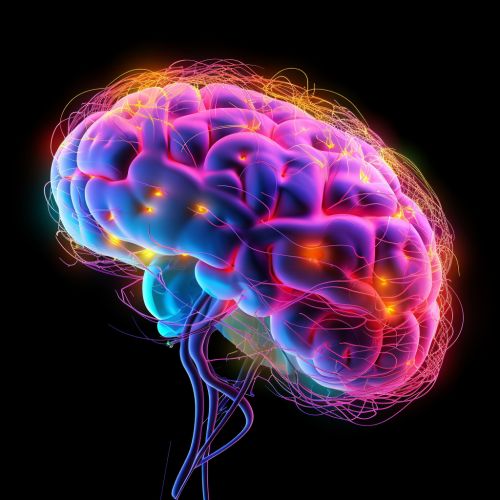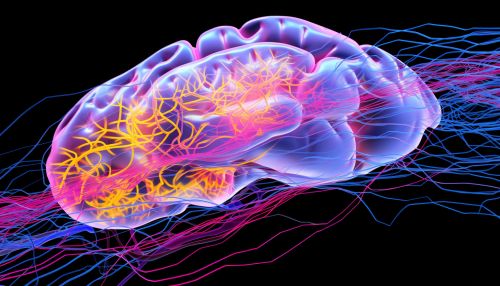The Science of Human Cognitive Styles in Problem Solving
Introduction
Human cognitive styles in problem solving refer to the distinct ways in which individuals process information, perceive their environment, and solve problems. This field of study is a sub-discipline of cognitive psychology and neuroscience, and it intersects with disciplines such as artificial intelligence, educational psychology, and organizational behavior.


Cognitive Styles
Cognitive styles are the preferred ways in which individuals process information. They are often described along a continuum, such as reflective versus impulsive, or field-dependent versus field-independent. These styles are thought to be relatively stable over time, although they can be influenced by environmental factors and personal experiences.
Reflective versus Impulsive
Reflective individuals tend to take their time when making decisions and solving problems, often considering multiple options and outcomes before making a decision. On the other hand, impulsive individuals tend to make quick decisions without considering all the available information or potential consequences.
Field-Dependent versus Field-Independent
Field-dependent individuals tend to perceive and interpret information as a whole, often having difficulty separating details from the overall context. In contrast, field-independent individuals are able to focus on specific details without being influenced by the surrounding context.


Cognitive Processes in Problem Solving
Problem-solving involves a number of cognitive processes, including perception, memory, attention, and reasoning. These processes are influenced by an individual's cognitive style, which can affect the strategies they use to solve problems and the effectiveness of these strategies.
Perception
Perception is the process of interpreting sensory information to understand the environment. Field-dependent individuals, who perceive information as a whole, may be more effective at solving problems that require a holistic understanding of the situation. Conversely, field-independent individuals, who focus on specific details, may be more effective at solving problems that require attention to specific details.
Memory
Memory plays a crucial role in problem-solving, as it allows individuals to store and retrieve information that is relevant to the problem at hand. Reflective individuals, who take their time when making decisions, may rely more heavily on their memory to recall past experiences and information. On the other hand, impulsive individuals may rely less on their memory and more on their immediate perceptions and reactions.


Attention
Attention is the cognitive process of selectively concentrating on one aspect of the environment while ignoring other things. Field-independent individuals, who are able to focus on specific details, may have a greater ability to direct their attention towards relevant information when solving problems.
Reasoning
Reasoning is the process of using logic to make inferences or draw conclusions. Reflective individuals, who consider multiple options and outcomes, may be more effective at reasoning tasks that require careful consideration and evaluation of information.


Implications for Education and Work
Understanding cognitive styles and their influence on problem-solving can have important implications for education and work. For example, educators can use this understanding to develop teaching strategies that cater to different cognitive styles, thereby enhancing learning outcomes. Similarly, employers can use this understanding to create work environments that cater to different cognitive styles, thereby enhancing productivity and job satisfaction.


Conclusion
The science of human cognitive styles in problem solving is a complex and multifaceted field of study. By understanding the different cognitive styles and how they influence problem-solving processes, we can better cater to individual learning and working styles, ultimately enhancing educational outcomes and workplace productivity.
